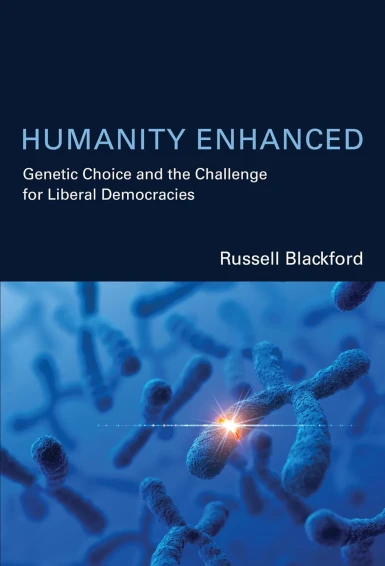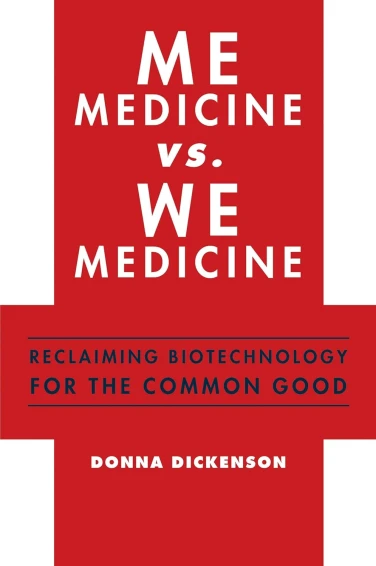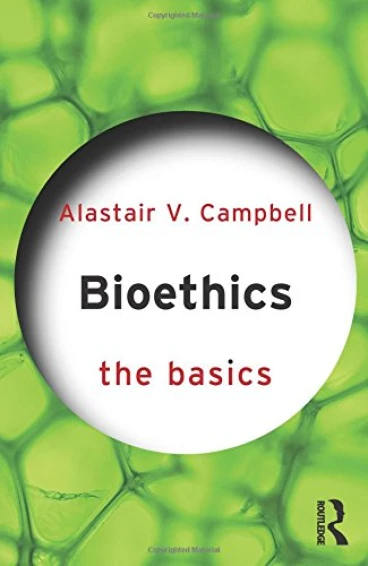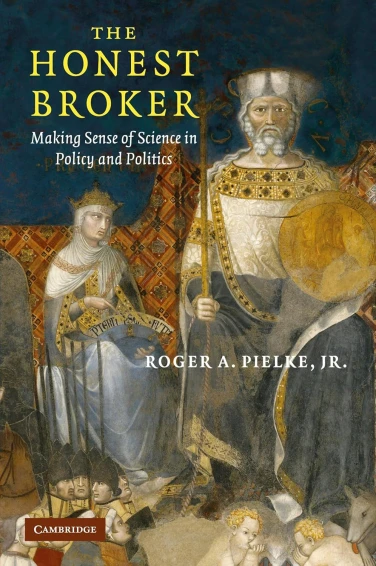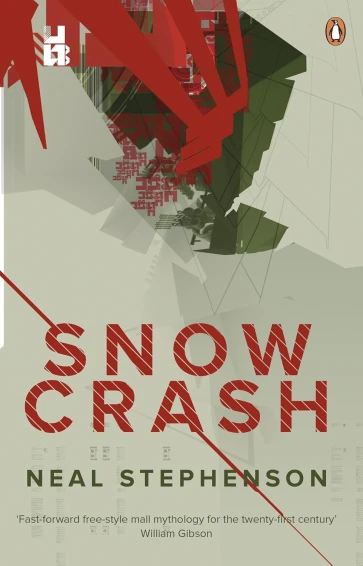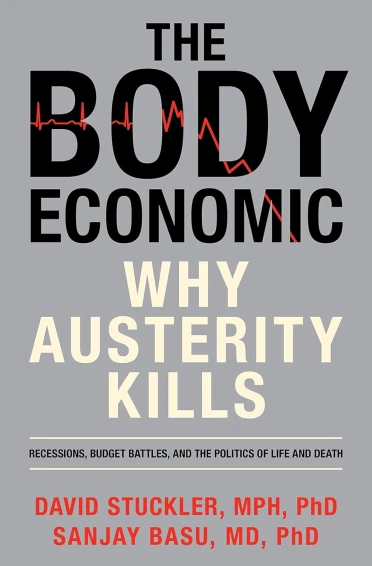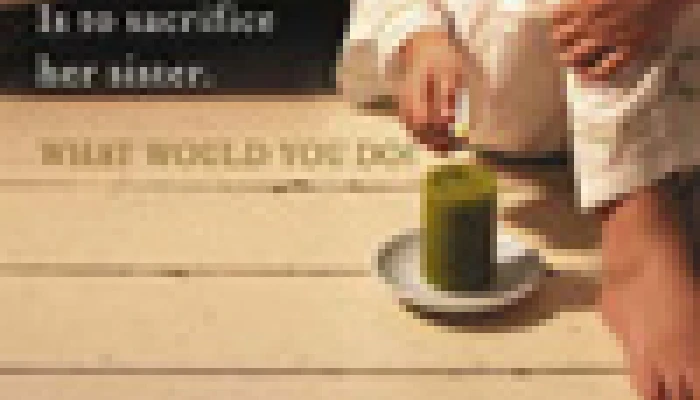
Jodi Picoult has a reputation for writing novels on controversial subjects such as high school shootings or domestic violence, but before publishing My Sister's Keeper she was not known for writing about medical ethics, neither did she have a background in medicine or any other kind of science. However, in My Sister's Keeper she did an excellent job of handling the issue of 'Saviour Siblings' in way that was both accurate and understandable. She also received much praise for this novel, being described by The Observer as her "breakthrough novel" and leading to her becoming the best-selling female author in Britain.
Although, this book has been around for some time it seems appropriate to review it now since in the debate surrounding the Human Fertilisation and Embryology Bill MPs have voted to permit the creation of Saviour Siblings. If this is a book that you haven’t had a chance to look at yet, then I strongly recommend it as an addition to your summer reading list.
My Sister’s Keeper is about the Fitzgerald family: Brian and Sara, and their two children, Jesse and Kate. When Kate is two her parents find out that she has leukaemia and that she will face many medical procedures just to keep her alive. However, much of this depends on finding a suitable donor. Kate’s brother is not a genetic match, so it is at this point that Brian and Sara decide to have a third child; one who is engineered to be a match – this is how Anna came into the world.
Anna is not sick like her sister, but every time her sister is hospitalised so is she. Anna has had to face countless surgeries, injections and transfusions because this is the purpose she was born for. Anna has never questioned this purpose, that is, until now. She says that “lately I have been having nightmares, where I’m cut into so many pieces that there isn’t enough of me to be put back together.” Anna feels invisible, like she has no control over life. That is why she decides to sue her parents for the rights to her body – to stop them taking one of her kidneys, which her sister needs.
The story follows this family’s legal and emotional struggle as Anna’s family try to understand her motivations for denying her sister a kidney. Anna at times also seems to find it difficult to justify to herself why she is doing this. She is torn between helping her sister and being the one to decide her own purpose in life.
Jodi Picoult has created a very beautiful and moving novel; some of you may wish to keep a box of tissues beside you while you read this one. This story will hold anyone’s attention right to the end. The style of this book adds a lot to the story by shifting the point of view of each chapter between the various characters in the family and the lawyer, Campbell Alexander. Picoult gives the reader a 360 degree understanding of the issues surrounding saviour siblings.
Much of the focus of the book is on Sara, the mother, who the reader will switch between blaming for many of the family’s problems to seeing her as a mother who will do anything to keep her family together. Campbell Alexander, the lawyer, believes that Sara is neglecting her family in order to save one child. Anna understands why her mother is acting the way she is, but she feels that her mother has forgotten about her. However, through witnessing the decisions that Sara has to make we come to empathise with her.
The reader is encouraged to question whether it is right to do anything to save your child, even if it means taking away the rights of another. No answers to questions like this one and others will be found, but the complexity of the question is made plain.
This book is a fantastic example of how fiction can be used to bring ethical dilemmas to a wider audience. Regrettably, many people are often isolated from ethical debates surrounding emerging technologies, or are presented with a very simplified perspective. Picoult has done an excellent job of bringing this issue to a new audience and presenting it in an accessible manner while still doing justice to the great variety of opinions that exist.
Saviour siblings are already a reality; however, it has not been going on long enough for us to have seen what the full impact of this will be. When reading this book one cannot help but feel that it is not simply a work of fiction, but a glimpse into the future. In a society where individual rights are valued so highly it seems only a matter of time before someone objects to being created for a purpose not of their own design.




